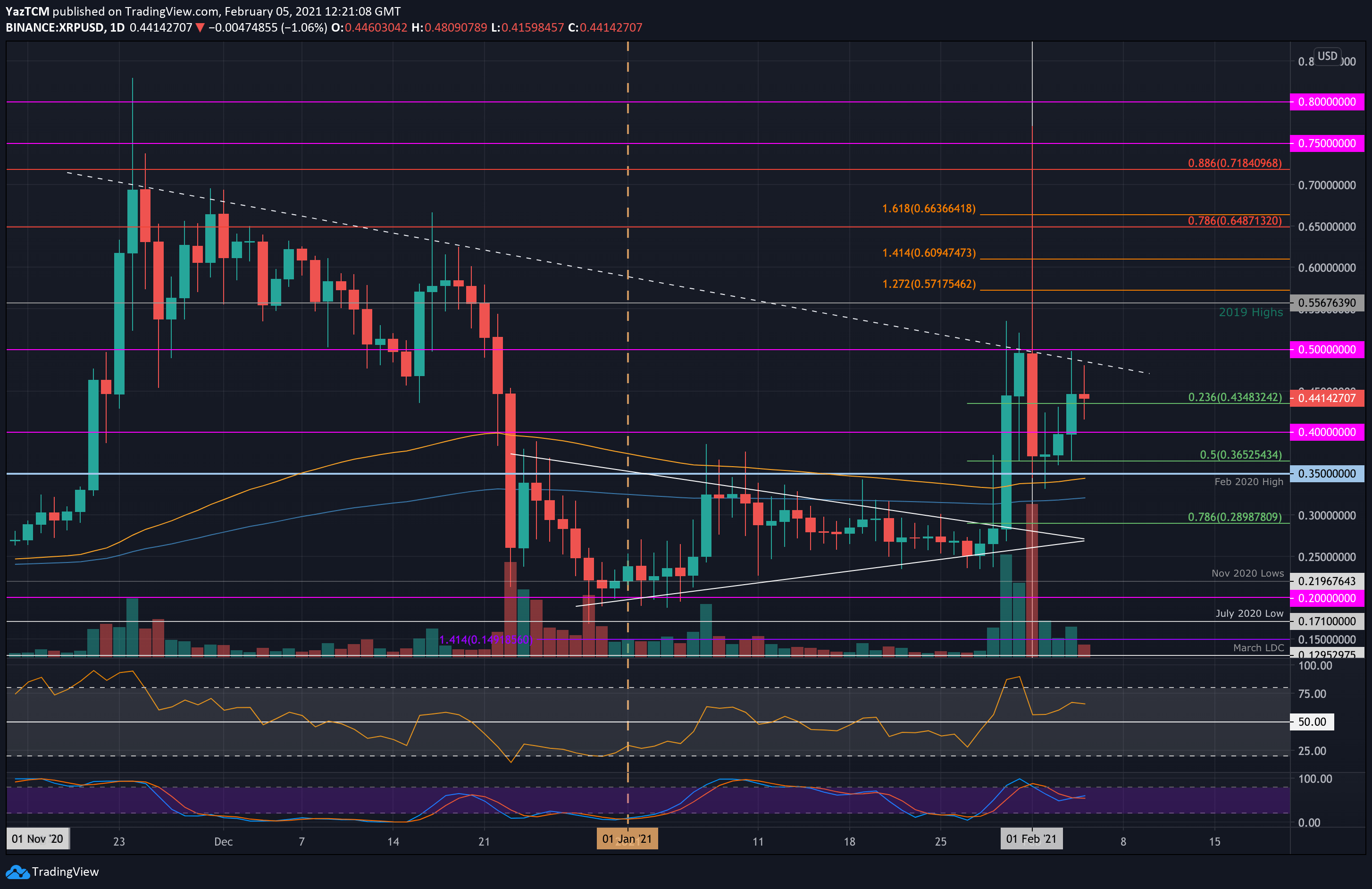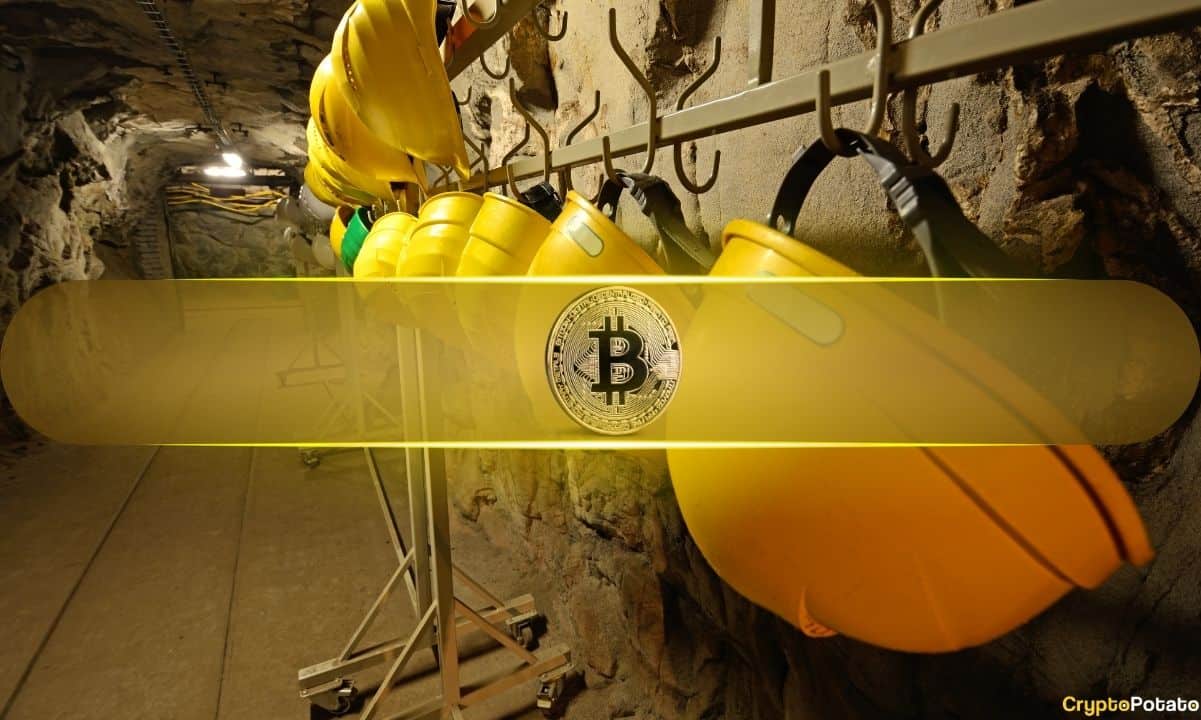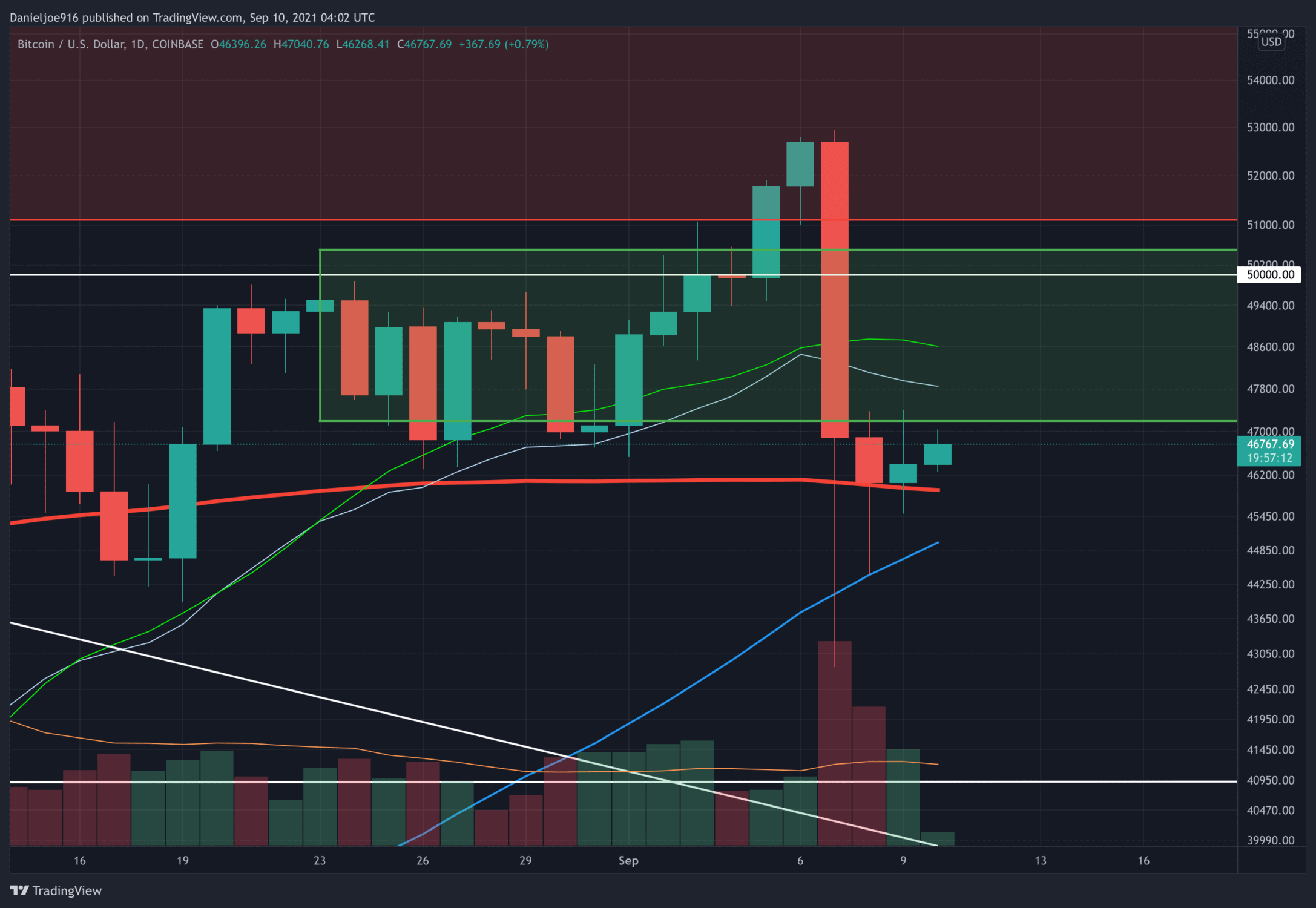Coming-Up Constantinople: Ethereum Is Getting Ready To Today’s 2 Expected Hard-Forks
Ethereum’s long-anticipated upgrades are about to take place later today, February 28th. The code change will include two near-simultaneous upgrades — named Constantinople and St. Petersburg, both of which will be implemented as hard forks to the Ethereum blockchain. The upgrades are scheduled to occur as soon as Ethereum reaches block 7,280,000.
Constantinople and St. Petersburg
The decision to implement St. Petersburg upgrade will disable one part of Constantinople code which was recently discovered to hold a smart contract security flaw. However, the changes introduced by St. Petersburg will likely not be noticeable to the average users.
Meanwhile, Constantinople upgrade is to serve as a ‘maintenance and optimization update,’ and the changes it will bring upon activation will mostly affect Ethereum miners. This particular change includes the reduction of Ethereum block rewards from three ETH coins per block to only two. Ethereum’s previous hard fork, Byzantium, introduced a similar change which reduced the block rewards from 5 ETH to 3 ETH.
The two upgrades are expected to introduce several other new changes to the Ethereum blockchain, with the most impactful one being the Ethereum blockchain’s scalability improvement.
Other changes will include the improvements in the blockchain’s speed and efficiency, improvements regarding energy consumption, and of gas cost reduction.
Users can watch the hard forks happen
According to the speed at which Ethereum’s blocks are mined, it is expected that the hard forks will take place later on today, around 19:30 (UTC). Those interested in watching the forks live can use the Fork Monitor tool to do so.
However, users should note that the speed of block mining can vary and that the hard forks are not scheduled to occur at a specific time. Instead, they are tied to Ethereum’s 7,280,000th block, as mentioned above.
While the community is hoping to see an easy upgrade integration, there is little uncertainty about it when it comes to hard forks. Constantinople was already delayed from its original date at January 16, 2019, due to a sudden discovery of a critical flaw, and while it was solved, it is possible that another delay might be announced in case of any unexpected vulnerabilities.
The post Coming-Up Constantinople: Ethereum Is Getting Ready To Today’s 2 Expected Hard-Forks appeared first on CryptoPotato.









